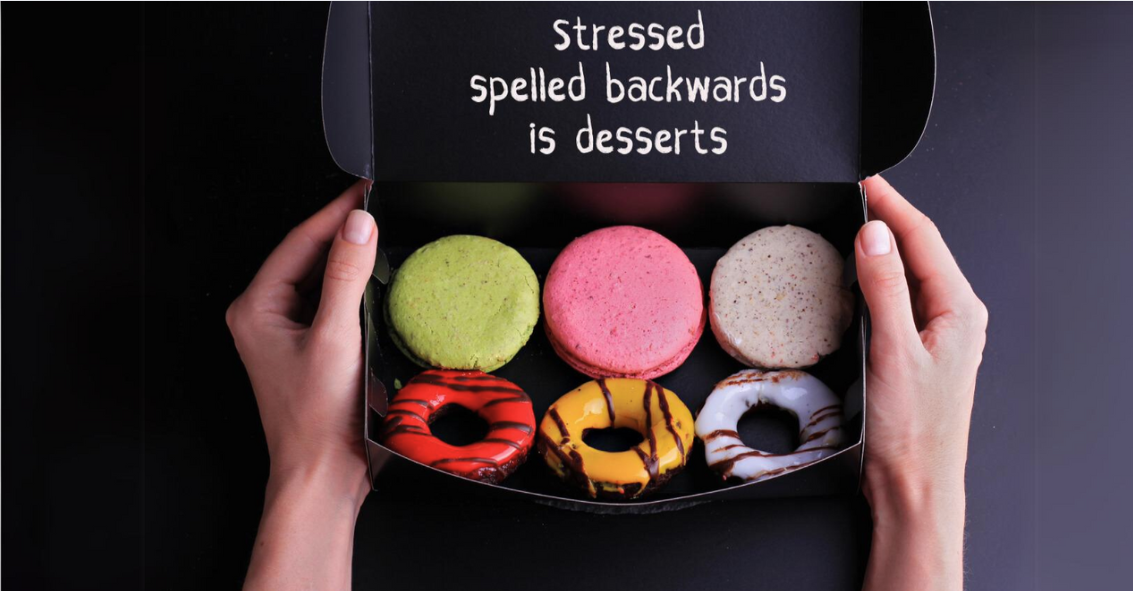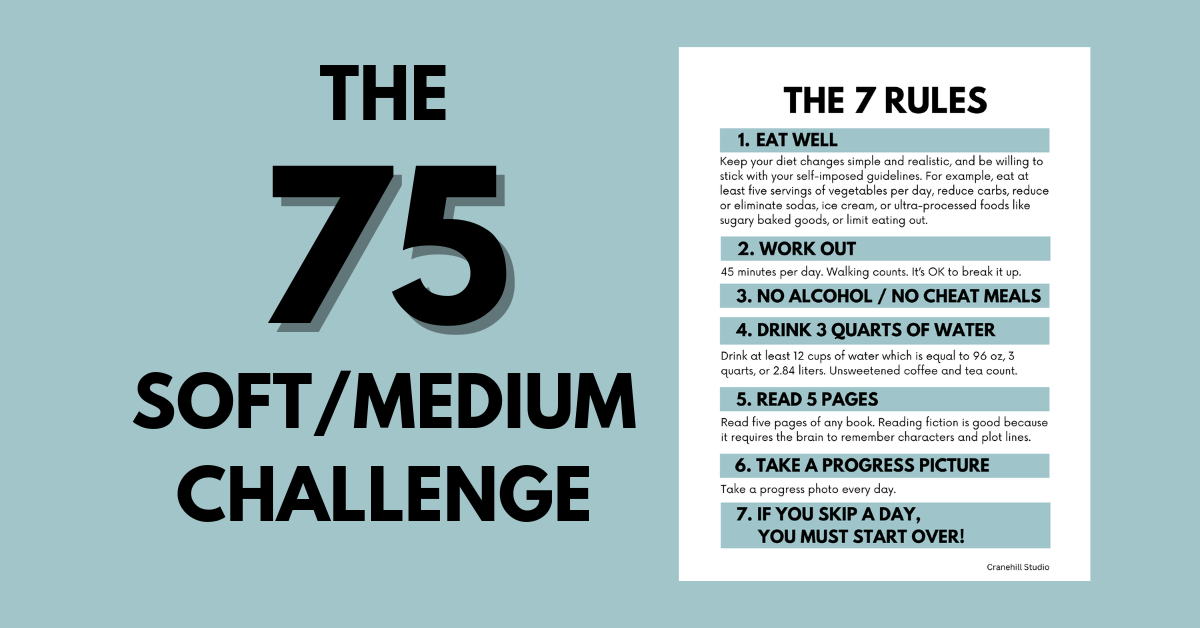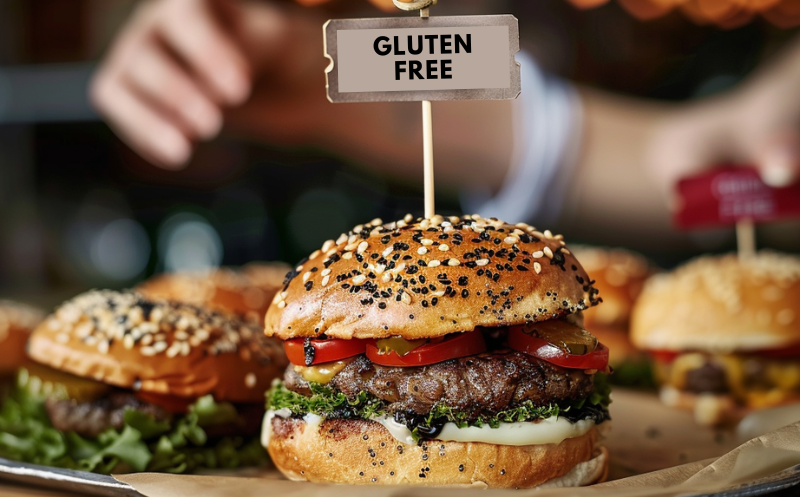When I was much younger I didn’t have a problem with emotional eating. Rather, I would tend to unwittingly starve myself. If I was stressed or sad or upset, my appetite vanished. Somewhere along the way, though, the tide turned. Instead of not eating, I started overeating; it was like I couldn’t get enough of whatever soul-satisfying item of food I happened to choose.
Now, it’s become a constant battle. Every time I face a stressful situation or experience negative emotions, I find myself reaching for comfort food. I’ve gained about 15 pounds since retirement and although my physician is not concerned at this point, I am. Where to go from here? I’m discovering that a better understanding of the behaviors and thought processes behind emotional eating is the first step towards finding a lasting solution.
Develop Healthy Coping Mechanisms for Emotional Eating
To address emotional eating, it’s important to develop healthy coping mechanisms. Some effective strategies include:
IDENTIFYING TRIGGERS
Understand the situations or emotions that lead you to turn to food for comfort. Being aware of your triggers can help you find alternative ways to address them. Common triggers may include stress, boredom, loneliness, or fatigue. Keep a journal to track your eating habits and emotional state, noting patterns that emerge. Once identified, develop specific strategies to cope with each trigger. For stress, try deep breathing exercises or short walks
AVOIDING DISTRACTIONS
Eating without external stimuli allows you to fully focus on your meal and be more mindful of your food and eating experience. When you eat with distractions like television, smartphones, or other media, you are less likely to pay attention to your body’s hunger and fullness cues. This can lead to overeating, as you may continue consuming food past the point of satiety. (Well! This feels uncomfortably personal!
PRACTICING MINDFULNESS
Take time to pause and tune into your body’s hunger and fullness cues. This can help you distinguish between emotional and physical hunger, and make more mindful eating choices. Another important aspect of mindfulness in eating is paying attention to the sensory experience of your food. Notice the colors, textures, smells, and flavors of each bite. This practice can enhance your enjoyment of meals and help you feel more satisfied with smaller portions.
ENGAGING IN STRESSS-REDUCING ACTIVITIES
Remember to engage in stress-reducing activities like exercise, meditation, and talking to friends. These healthy outlets can help manage difficult emotions without turning to food. Physical activity boosts endorphins and improves mood. Meditation enhances self-awareness and emotional regulation, reducing stress-induced eating. Maintaining social connections provides emotional comfort and alternative coping mechanisms. Other techniques include deep breathing, muscle relaxation, and hobbies. Prioritizing sleep is also important, as lack of sleep can increase stress and affect appetite.
SEEKING PROFESSIONAL SUPPORT
If emotional eating is a persistent issue, consider working with a therapist or registered dietitian who can provide personalized guidance and support. These professionals can help identify underlying triggers and develop coping strategies tailored to your specific needs. Additionally, a registered dietitian can assist in creating a balanced meal plan that supports both physical and emotional well-being.
Create an Eating Plan to Nourish Your Body
Meal planning is a valuable tool for emotional eaters, as it allows you to thoughtfully prepare nourishing foods ahead of time. This can reduce stress around mealtimes and ensure you have healthy options on hand when cravings strike. As emotional eaters, it’s important to move away from restrictive dieting and instead focus on intuitive eating practices that honor your hunger and fullness cues.
A healthy eating plan should include a variety of nutrient-dense foods that provide sustained energy and support overall health. This means incorporating lean proteins, complex carbohydrates, healthy fats, fruits, and vegetables into your meals and snacks. By planning balanced meals, you can help prevent binge eating episodes and stabilize your mood.
Make Gradual Dietary Changes
It’s one thing to have a good plan; it’s another thing to implement it especially when dealing with an emotional issue; it’s essential to make gradual changes to ensure long-term success. Sudden, extreme restrictions can backfire and lead to feelings of deprivation, which may trigger a relapse into emotional eating patterns. Instead, focus on implementing small, sustainable adjustments to your eating habits over time. I tend to let myself become dehydrated and I’ve discovered that having a glass of black tea during the day or a cup of herbal tea in the evening work as great alternatives to eating a snack.
Portion Control
I can usually recognize when I’m turning to food for emotional reasons rather than to nourish my body. When I’m eating to fuel my body, I get a clear signal that I’ve had enough, at least for the time being. However, when I’m eating to cope with emotions, I’ll just keep going, consuming more and more until I feel like I’m going to burst. It doesn’t matter how full I get or how uncomfortable I feel – the food tastes so good in the moment that I simply can’t stop myself from indulging. This emotional eating pattern is quite different from when I’m eating to satisfy my body’s physical hunger and nutritional needs.
Dividing large quantities of snacks helps with being quantity aware. Still, I mindlessly reach for more, even when I’m not truly hungry. I need to start storing snacks in hard-to-reach places or even in a locked food storage box. I have a couple of places that might work. Maybe having to take a few extra steps will give me time to assess what I’m really doing and whether it’s worth it in the moment.
Celebrate Small Wins
When you’re struggling, it’s essential to celebrate even the smallest of victories along the way. Acknowledging your everyday accomplishments, no matter how seemingly insignificant, can provide a much-needed boost of encouragement and help sustain your momentum. Take on a new hobby or skill. Immersing yourself in an activity you enjoy, whether it’s learning a new language, picking up an instrument, or trying your hand at painting, can give you a sense of purpose and pride that goes beyond the temporary comfort of food.
The Struggle is Real
If emotional eating is a part of your life, I hope that by sharing my struggles and providing some useful information on overcoming it, you are inspired to take steps towards healing and developing a healthier relationship with food.






Leave a Reply